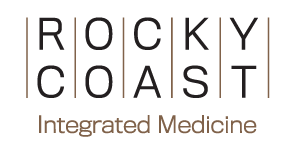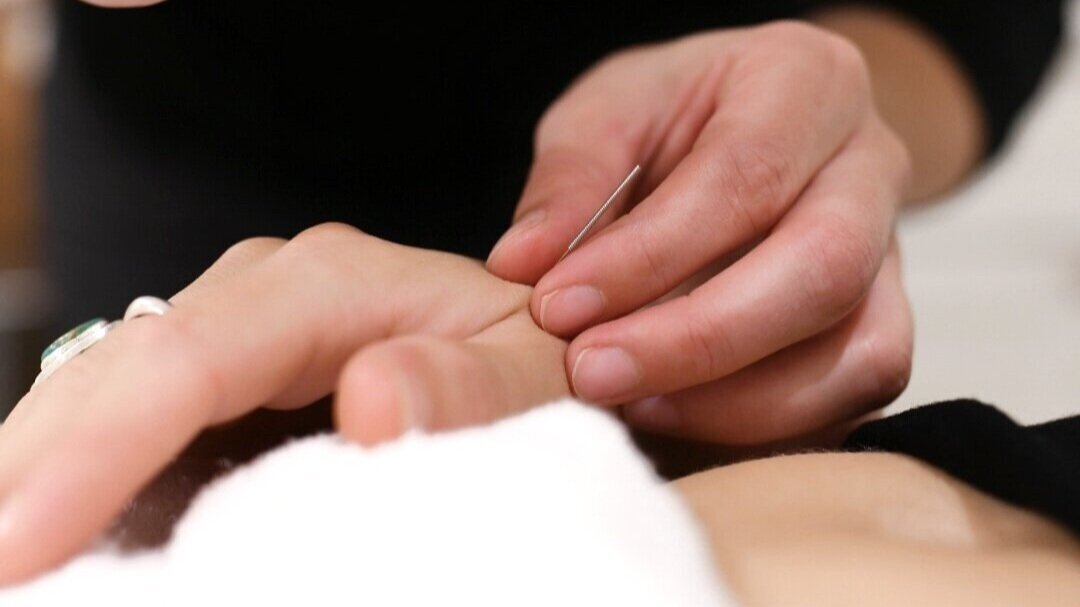Using Acupuncture and TCM Patterns to Diagnose Fertility Issues
From the perspective of modern medicine, there are many different reasons why a person may have difficulty conceiving. Conditions such as PCOS and endometriosis are common problems which affect fertility, as do physical obstructions such as scarring, and age. Perhaps most difficult of all, if your doctor cannot find any physical reason why you are struggling to get pregnant, you may be given the frustrating diagnosis of “unexplained infertility.”
Traditional Chinese medicine (TCM) originated thousands of years ago in the Far East, and views the body very differently. Fertility issues are not diagnosed by the name of a particular condition, but what is known as a “pattern.” As doctors of acupuncture, we are trained to treat the person, not the disease.
TCM patterns describe which organs are being affected and how. This is determined by a combination of your past and present symptoms, constitution, diet and lifestyle.
Because of the way patterns are used, western medical diagnoses such as PCOS or endometriosis are not technically necessary. Of course, it is always useful to know your western diagnosis in order to understand what is going on with your body, and a licensed US acupuncturist is well versed in how to understand and work with these diagnoses.
However, because the acupuncturist is focused on pattern, two people with PCOS may be treated very differently, whereas a person with PCOS and a person with endometriosis may be treated in a similar way.
Here we will look at some of the most common patterns involved in gynecological disorders and how to support your fertility using acupuncture and TCM.
Cycles of Fertility in Traditional Chinese Medicine
To understand how fertility can go wrong from a TCM perspective, first we need to look at how it works when it goes right.
There are four organs which play a major role in fertility in TCM; the Kidneys, the Heart, the Liver and the Spleen. When all of these organs are functioning well, a woman will have regular periods and should be able to conceive easily. There are also two channels which play a vital role in conception. These are known as the Conception Vessel and the Thoroughfare Vessel.
The Kidneys
In TCM, most of the reproductive organs are classed as part of the Kidney system. This excludes the uterus which is known as an “extraordinary organ”. The Chinese name for the uterus is zi gong, meaning “Child Palace”. Although the uterus is separate from the Kidneys, it is closely related and both need to be healthy in order to have a child.
The Kidneys and the Gate of Vitality
The Kidneys have many different functions when it comes to sex and reproduction. They are responsible for housing what is known as the ming men, or Gate of Vitality. The ming men is a source of warmth for all of the body's physical functions including reproduction. It warms the uterus making menstruation and conception possible. According to Traditional Chinese Medicine, if the ming men is insufficient, the uterus will become cold causing irregular periods and infertility.
The Kidneys Store Essence
The Kidneys also store something called jing, or essence. This is present at birth and is responsible for growth, development and puberty. It declines over the course of your lifetime, eventually resulting in menopause. This is the reason why a menstruating person’s fertility is naturally reduced as they get older.
Jing can be burnt up more quickly or slowly depending on your lifestyle and diet. By exercising moderately, eating a balanced diet and avoiding smoking, alcohol and drugs, you can help to preserve your jing and potentially extend your fertility.
The Heart
The Heart is responsible for ruling blood. This is an obvious connection as it matches the function of the heart in western medicine. However, in TCM, the Heart is not the only organ involved in the health of the blood. The Liver and Spleen both play important roles too.
Healthy blood is not only important for regular menstruation, but also for building the lining of the uterus in preparation for pregnancy. If your blood is deficient, you may have very light periods and a thin uterine lining, making implantation harder.
The Liver
Along with the Heart, the Liver plays an important role in blood health. In TCM, the Liver stores blood. It is thought that when you lie down to sleep, blood returns to the Liver where it is nourished and restored. The Liver is also responsible for directing the blood to where it needs to go and a healthy Liver is crucial for regular menstruation.
The Liver is also responsible for the smooth flow of qi within our bodies. This circulates around the body with the blood, keeping it moving and preventing stagnation. If this malfunctions, you may get symptoms such as irregular or painful periods, breast tenderness, bloating, headaches and irritability. Periods which are very heavy or clotted are also a sign of an imbalance in the Liver and the blood.
The Spleen
The Spleen is one of the digestive organs, and it is important for providing nourishment for the entire body. It plays an important part in the formation of qi and blood by extracting nutrition from food and converting it into a more usable form.
The Spleen also has a “holding” function. It keeps the blood in the vessels and the organs in their places. Heavy menstruation, bleeding between periods and miscarriage can all be due to a weak Spleen and an inability to hold things in place.
The Conception Vessel and the Thoroughfare Vessel
These two vessels are what are known as “extraordinary meridians”, meaning that they do not belong to a particular organ. They are deep reservoirs of qi and blood, which fill up at puberty under the control of the Kidneys and jing.
These channels both originate in the uterus and every month they become flushed with extra qi and blood. This prepares the body for pregnancy and if it does not occur, they overflow causing menstruation. Any problems such as irregular periods, late periods, or periods which are too heavy or light may be down to an imbalance in these channels.
Yin and Yang
Yin and yang are important for all of the body's functions and reproduction is no exception. Yin is responsible for nourishment, and yang is responsible for movement.
From a hormonal point of view, estrogen can be seen as more yin and progesterone as more yang. It is the transformation of yin into yang, or the switch between these two hormones which triggers ovulation. Therefore, a regular menstrual cycle is dependent on a healthy balance between yin and yang.
Diagnosing and Treating Fertility Issues in Traditional Chinese Medicine
In TCM, the organs are all closely interconnected and it is easy for patterns to overlap or become merged. For example, Spleen-qi deficiency with Kidney-yang deficiency is a common TCM diagnosis for people with PCOS.
The only way to make an accurate diagnosis is by paying close attention to each clients individual signs and symptoms. When you go for your first consultation, you can expect your practitioner to ask many questions about every aspect of your health. They will also feel your pulse and look at your tongue which will help them to identify your pattern. They will then be able to treat you appropriately and offer tailored dietary and lifestyle advice to support your treatment.
It is important to give your practitioner as much information as possible, even if some of it is very personal. This will help them to diagnose and treat you effectively. It is also important to remember that acupuncture and TCM are not a quick fix for fertility, and it can take several months before your body is ready to conceive.
Some general tips for improving your fertility from a TCM perspective are:
Improve Your Diet – Eating a healthy, balanced diet is important to preserve your jing and support your Spleen function. The Spleen dislikes foods which are cold, raw, greasy or fatty as they are harder to digest. You should also avoid caffeine, alcohol and refined sugars which are all damaging to fertility.
Take Regular, Gentle Exercise - Exercise is important, but don't overdo it. Overexertion is harmful to your Kidneys and can burn up your jing more quickly. Stick to regular but gentle exercise and be sure to rest well enough in between.
Reduce Stress - Emotional stress puts an extra strain on your Liver and can contribute to qi and blood stagnation. Try some relaxation techniques such as meditation or yoga to keep yourself feeling calmer and more relaxed throughout the day.
Keep your Abdomen Warm - Keeping yourself warm is important for both your uterus and your ming men. Avoid wearing low rise pants or crop tops which can leave your uterus and Kidneys exposed to the cold. If your abdomen is particularly cold, use heat packs or hot water bottles to warm it gently. You could also try wrapping a scarf around your waist during cold weather.

